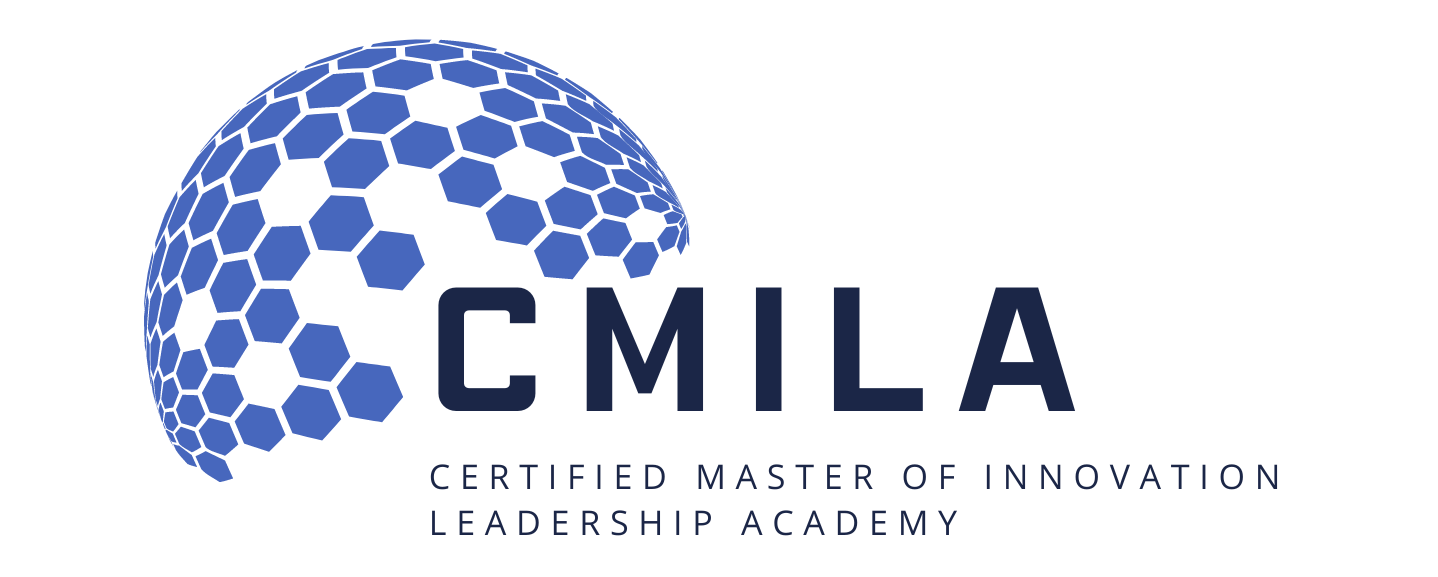Certified Creative Problem-Solving Facilitator (CCPSF)
The Certified Creative Problem-Solving Facilitator (CCPSF) Certification Course by Tonex is a comprehensive program designed to equip professionals with the skills and knowledge needed to facilitate effective and innovative problem-solving sessions. Participants will gain practical insights into various creative problem-solving techniques and tools, enabling them to guide teams in generating innovative solutions to complex challenges.
Learning Objectives:
Upon completion of this course, participants will:
- Acquire a deep understanding of creative problem-solving concepts and methodologies.
- Develop facilitation skills to lead dynamic problem-solving sessions.
- Master various creative thinking techniques for idea generation.
- Explore effective collaboration strategies to enhance team problem-solving.
- Gain proficiency in utilizing problem-solving tools and frameworks.
- Obtain the Certified Creative Problem-Solving Facilitator (CCPSF) certification, demonstrating expertise in facilitating creative problem-solving processes.
Audience:
This course is ideal for professionals across industries, including managers, team leaders, project managers, consultants, and anyone seeking to enhance their problem-solving and facilitation skills. It is suitable for individuals at various career levels who are committed to fostering innovation within their teams or organizations.
Course Outline:
Module 1: Introduction to Creative Problem-Solving
- Definition and Fundamentals
- The Role of Creativity in Problem-Solving
- Historical Perspectives on Creative Problem-Solving
- Linking Innovation and Effective Solutions
- Benefits of Embracing Creative Approaches
- Case Studies in Successful Creative Problem-Solving
Module 2: Facilitation Skills for Creative Problem-Solving
- Facilitator Roles and Responsibilities
- Establishing a Positive Problem-Solving Environment
- Active Listening and Effective Communication
- Managing Group Dynamics during Sessions
- Adapting Facilitation Techniques to Different Teams
- Handling Challenges and Conflicts in Group Settings
Module 3: Creative Thinking Techniques
- Brainstorming Techniques and Best Practices
- Mind Mapping Strategies for Idea Generation
- Lateral Thinking Approaches
- Metaphorical Thinking in Problem-Solving
- Divergent and Convergent Thinking Methods
- Integrating Technology in Creative Thinking Processes
Module 4: Collaboration Strategies
- Building Diverse and Inclusive Problem-Solving Teams
- Fostering Team Creativity and Innovation
- Effective Communication within Collaborative Teams
- Strategies for Conflict Resolution in Teams
- Leveraging Individual Strengths in Team Settings
- Assessing and Improving Team Collaboration Dynamics
Module 5: Problem-Solving Tools and Frameworks
- Introduction to Problem-Solving Models
- Applying SWOT Analysis in Problem-Solving
- Root Cause Analysis Techniques
- Six Thinking Hats Methodology
- TRIZ (Theory of Inventive Problem Solving)
- Design Thinking Principles in Problem-Solving
Module 6: Certification Exam Preparation
- Review of Key Concepts and Skills
- Mock Exam Simulations
- Test-Taking Strategies for the CCPSF Certification Exam
- Addressing Common Certification Exam Challenges
- Accessing Additional Study Resources
- Q&A and Clarification Session
Overview of the Certification Process:
- Familiarize yourself with the prerequisites, if any, for taking the exam.
- Review the certification roadmap to understand the different levels of certification offered (e.g., Foundation, Advanced, Expert) and the requirements for each level.
- Identify the benefits of obtaining the certification for your career and professional development.
Details of the Exam:
Format: Multiple-choice, scenario-based, practical exercises
Content Areas: Review the exam blueprint or syllabus to identify the specific topics and knowledge areas covered in the exam. This will help you focus your study efforts on the most relevant content.
Passing Score: Understand the minimum passing score required to achieve certification and aim to exceed this threshold during your preparation.
Study Resources: Identify recommended study resources, such as certification manual, study guides and practice exams, to help you prepare effectively for the exam.
Exam Sample Questions:
- Practice with sample questions to familiarize yourself with the exam format and assess your readiness.
- Analyze each question carefully, paying attention to key details and any clues provided in the question stem or answer choices.
- Practice time management by setting aside dedicated study sessions to complete sample questions within the allotted time frame.
- Review your answers and explanations for correct and incorrect responses to identify areas for improvement and further study.
